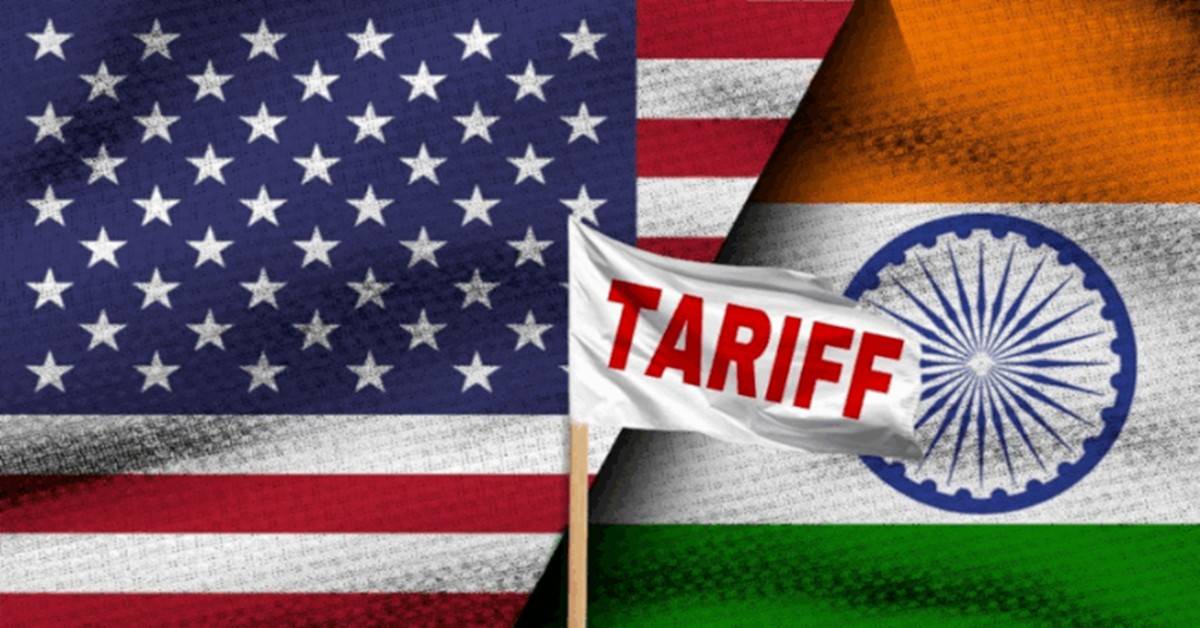Your cart is currently empty!
Category: Geo Political News
-
When Cricket Crosses the Line: Gun Gestures and Violent Rhetoric in Indo-Pak Matches
The India-Pakistan cricket rivalry has always been one of the most intense in the world. Millions watch these matches, and emotions naturally run high. But the Asia Cup 2025 has shown how far some individuals are willing to take this rivalry – turning passion into provocation and, at times, glorifying violence. Two separate incidents during…
-
“Bad Things Are Going To Happen”: Donald Trump Issues Strong Warning to Taliban Over Bagram Air Base Control
US President Donald Trump has once again ignited international debate by issuing a stern warning to Afghanistan’s Taliban administration over control of the Bagram Air Base. In a dramatic statement, Trump declared that the United States “wants it back, and we want it back soon,” further warning that “bad things are going to happen” if…
-
Islam in China: Understanding Religious Restrictions and Global Reactions
Islam has been present in China for centuries, with communities like the Hui, Uyghur, Kazakh, and Kyrgyz practicing the faith across the country. Despite constitutional guarantees of religious freedom, the Chinese government has imposed severe restrictions on religious expression, particularly in Xinjiang. While these measures have drawn international attention, including statements from Pakistan, critics argue…
-
H-1B Visa Fee Hike: How the US Move Could Backfire and Boost India’s Tech & Talent Ecosystem
In a surprise policy shift, the United States has dramatically raised the mandatory fee for new H-1B visa applications. What was once a relatively affordable process costing only a few thousand dollars has now become a steep barrier of about US $100,000 per applicant. While the change is aimed at reshaping immigration and employment patterns…
-
Trump’s $100,000 H-1B Visa Fee: A Shockwave for Indian IT Firms & Global Skilled Talent
The U.S. tech industry has long depended on the H-1B visa program to fill critical skill gaps, particularly in software development, cloud computing, data science, and emerging technologies. In 2025, the dynamics shifted dramatically with a proposed $100,000 annual levy on each H-1B visa—a move that threatens to reshape the global IT talent market. Indian…
-

India’s Russian Oil and Gas Imports in 2025: Exposing Double Standards by USA and EU
As of September 2025, Russia continues to be a significant global supplier of crude oil, natural gas, and liquefied natural gas (LNG). Despite ongoing sanctions and geopolitical tensions, several countries persist in importing Russian fossil fuels, often due to strategic energy needs or economic considerations. Countries Importing Russian Crude Oil 🇨🇳 China 🇮🇳 India 🇹🇷…
-
Hungary and Ukraine: How the 2025 Druzhba Pipeline Attacks Deepened Diplomatic Rift
In August 2025, a series of Ukrainian drone and missile strikes targeted the Druzhba oil pipeline in Russia’s Bryansk region, leading to significant disruptions in oil supplies to Hungary and Slovakia. This incident marked a significant escalation in tensions between Ukraine and Hungary, two countries with complex historical and geopolitical relations. The attacks not only…
-
India’s Participation in Russia–Belarus War Games: Why It Has Alarmed NATO and the US
India’s foreign policy has long been characterised by strategic autonomy, balancing relationships with major powers on all sides. This approach has once again come into focus after India sent a military contingent to take part in joint war games hosted by Russia and Belarus. The exercise, featuring conventional as well as tactical nuclear drills, has…
-
US May Remove 25% Penal Tariff on Indian Goods After November 30 – A Game Changer for Bilateral Trade
The long-standing tariff tension between India and the United States may finally see a breakthrough. According to senior government officials, the United States is likely to withdraw the 25% penal tariff imposed on Indian goods after November 30. At the same time, India may also reduce the reciprocal import duties levied on U.S. products from…
